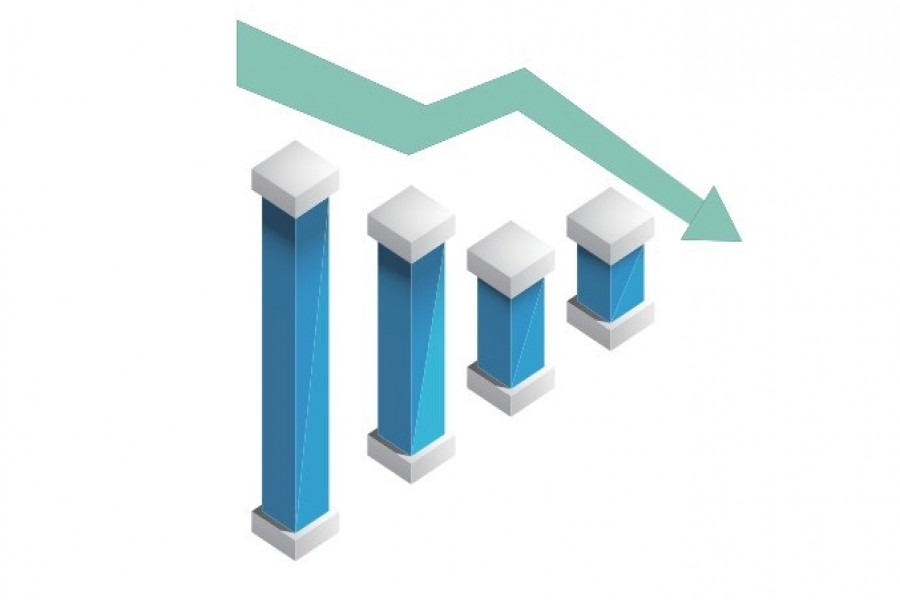Private sector businessmen are not coming forward vigorously for investment. Therefore, there is no job creation. The number of unemployed people is on the rise. The government is finding it difficult to implement investment friendly policy. In the first six months of the current fiscal, investment was supposed to be Tk 2000.50 billion but registration was only for Tk 600 billion. This shows the overall investment scenario. 80 per cent of investment comes from the private sector. But investment is declining in the private sector. Lack of sufficient gas, power, bureaucratic complexities, corruption and high interest rate are some of the impediments for investment.
In the current year, growth rate has been estimated at 7.4 per cent. In order to sustain this growth rate, 24 per cent of gross domestic product (GDP) is to be invested. In absolute terms, investment has to be to the tune of Tk5.33 trillion. But registration, as mentioned earlier, is only to the tune of Tk 600 billion. But this is not real investment. It is on paper only. At the same time last year, paper investment was Tk 790 billion. This means paper investment is also decreasing. Bangladesh Bank sources say that industrial investment is not increasing. According to reports, unemployment rate is growing fast. According to the World Bank, every year 2 million people are entering the labour market. But employment is not increasing because of lack of investment.
Economists and entrepreneurs are saying that there is no effective investment-friendly policy. No services are available on time. Project approval takes long time. One has to move from pillar to post. Speed money is needed at every stage. In India, Singapore, Malaysia and China all services are available under one umbrella. Gas and power have to be ensured. Corruption has to be reduced. Interest rate is high compared to India and Vietnam. Land is not readily available. Businessmen are calling for one stop service for a long time.
The World Economic Forum has identified 16 problems which discourages investment in Bangladesh. Number one problem is corruption. Infrastructure is the second. Inefficient bureaucracy is at number three. Other problems include lack of trained manpower, high interest rate, complex taxation policy, public health problem, capital scarcity, foreign exchange fluctuation, frequent change in policy etc.
According to a World Bank report, increasing investment and employment need seven preconditions. These are easy availability of capital, good governance that among others aims at curbing corruption, sufficient land, uninterrupted gas and power supply, improved communication, stable tax system, trained labour and facilitation for import and export. But these indexes have not improved in Bangladesh.
There are several challenges to the economy in the current year such as rising food prices, bank scams and lack of good governance. Investors closely watch events before election time and follow a go-slow policy on new investment ventures. Increasing unemployment is a cause for concern. Slow implementation of projects, lack of sufficient institutional capacity and stagnation in investment are also some of the key challenges.
According to the World Bank, political uncertainty is the main reason for low level of investment. Bangladesh is also lagging behind in infrastructure development. According to 'South Asia Focus' of the World Bank there are three internal risks in the economy of Bangladesh, such as -- reduced stability in the financial sector, lack of progress in revenue reform and political uncertainty surrounding the national election.
Dr Zahid Hossain of the World Bank said that low level of private sector investment is the main problem for Bangladesh. One of the major problems for the private sector is non-availability of land, apart from gas and power. Good governance has to be established soon. According to Implementation, Monitoring and Evaluation Division (IMED) of the Planning Ministry, even if the government's investment increases, infrastructure for such investment is of lower standard. There is no impact of government investment on private sector investment. Private sector investment is hovering around 22 per cent of GDP for the last eight years. The government is expecting some improvement this year.
Syed Jamaluddin is an economist and columnist.


